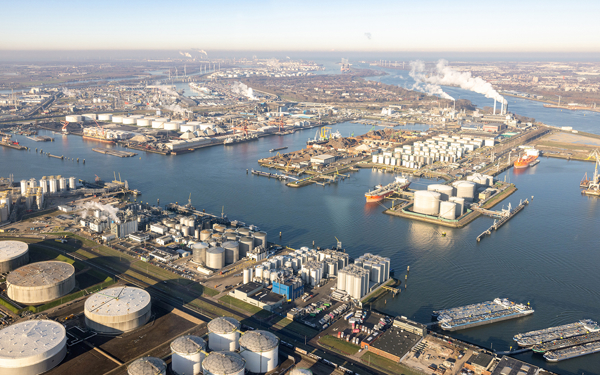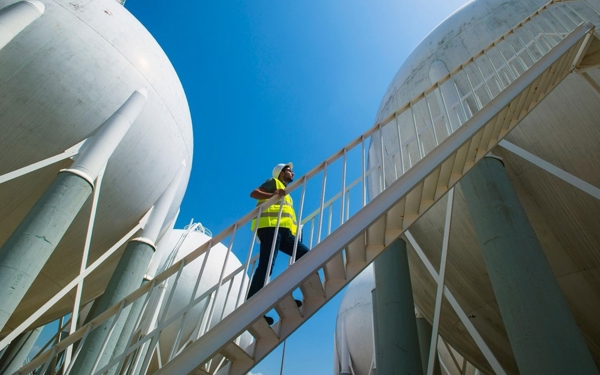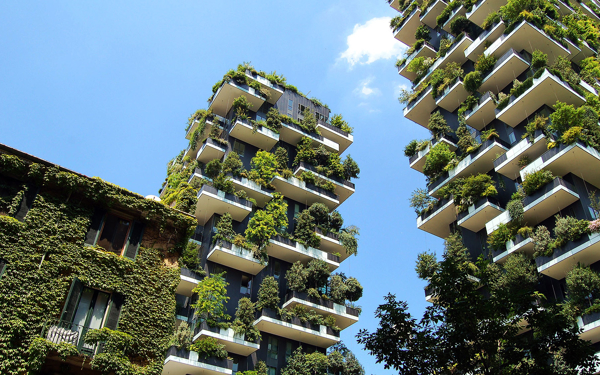First of all, why does sustainability matter to DNB, being a central bank?
Olaf: "Climate change and environmental damage pose a threat to our economy and financial sector. We monitor the financial stability and health of banks, insurers and pension funds, so we are also mindful of the risks which climate change and environmental degradation pose to these institutions. Also, we want to contribute in our own way to international commitments such as the Paris Agreement, the agreements made at the Montreal Biodiversity Conference and the United Nations' Sustainable Development Goals."
Why was there a need to place new accents in DNB’s sustainable finance strategy?
Ryanne: "Circumstances are changing rapidly, there are new scientific insights, and laws and regulations related to sustainability are becoming increasingly specific. That’s why we have made our strategy more concrete in a number of areas. For example, we are gradually raising the bar in our supervision of financial institutions’ management of sustainability risks, as can also be seen from our supervisory approach to climate and environmental risk management.
And in our supervision we monitor the progress financial institutions make on their voluntary sustainability pledges, such as the action plans submitted by the signatories of the Dutch Financial Sector Climate Commitment in 2022. After all, if they don't adhere to their own commitments, this can lead to reputational damage."
Focus on climate and nature
Olaf: "We will be exploring new themes. Mitigation – which means minimising climate change and biodiversity loss – has already been an important topic for us for some time. In addition, we have now also launched an exploration into adaptation: measures and policies to make the Netherlands more resilient to climate change. After all, climate change is now a fact of life. How does it affect the Dutch economy and the financial sector, and what role can DNB play?"
Nature in the broad sense
Olaf: "We continue to draw attention to the risks involved in damage caused to nature. For us, nature is not just about preserving biodiversity, but also, for example, about countering pollution and promoting the sustainable use of raw materials. In doing so, we recognise that the various aspects of nature, including climate, are closely related. For instance, deforestation is driving climate change, while climate change is in turn a major driver of biodiversity loss. Also, to combat climate change, raw materials are key. At the same time, their extraction or use can cause environmental damage. In short, comprehensive risk management requires an integrated view of these risks."
Leaving no one behind
Ryanne: "Sustainability also touches on social issues, such as accessibility of financial services. Everyone should have access to financial products such as mortgage loans, pensions and insurance. In addition, we explore what other social issues affect our work. For example, how social risks, such as human rights violations affect our own investments and those of financial institutions. As part of our economic advice and research, we continue to devote attention to vulnerable groups in society, as, for example, in our publication Target sustainability measures at financially vulnerable households"
How does DNB make its own organisation more sustainable?
Olaf: "We will be drawing up our own transition plan for 2025, 2030 and 2050, which includes targets and milestones for our core functions and our own operations. We believe it's important to do our bit and walk the talk. Also, we have opted to pursue a sustainable policy in investing our reserves. In our operations, for example in the renovation of the Frederiksplein headquarters, we seek to be as sustainable as possible. And in the workplace, we aim to achieve more diversity in the broadest sense of the word and are committed to an inclusive working environment."
Want to know more? See the animation and read our updated sustainability strategy.




